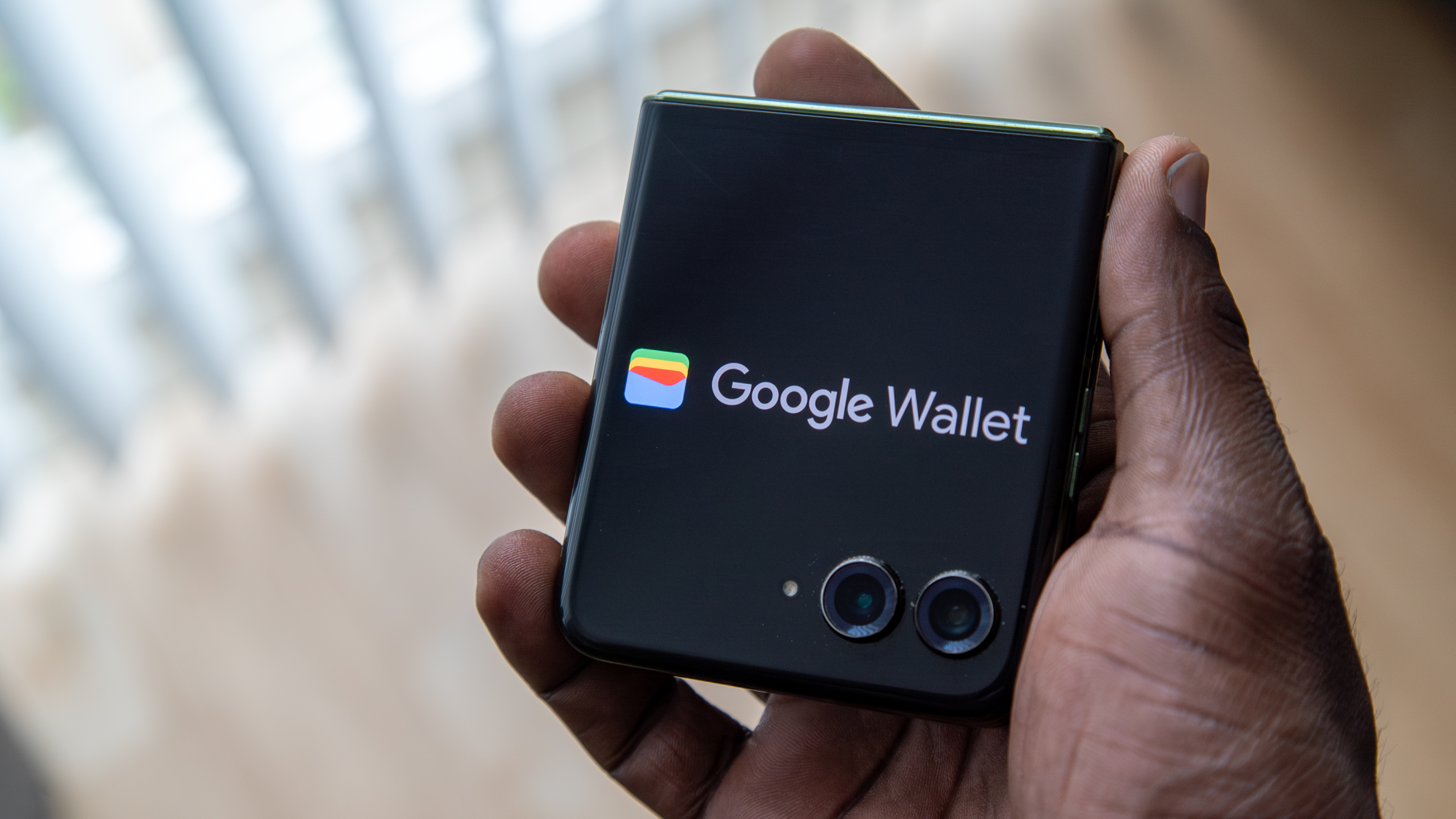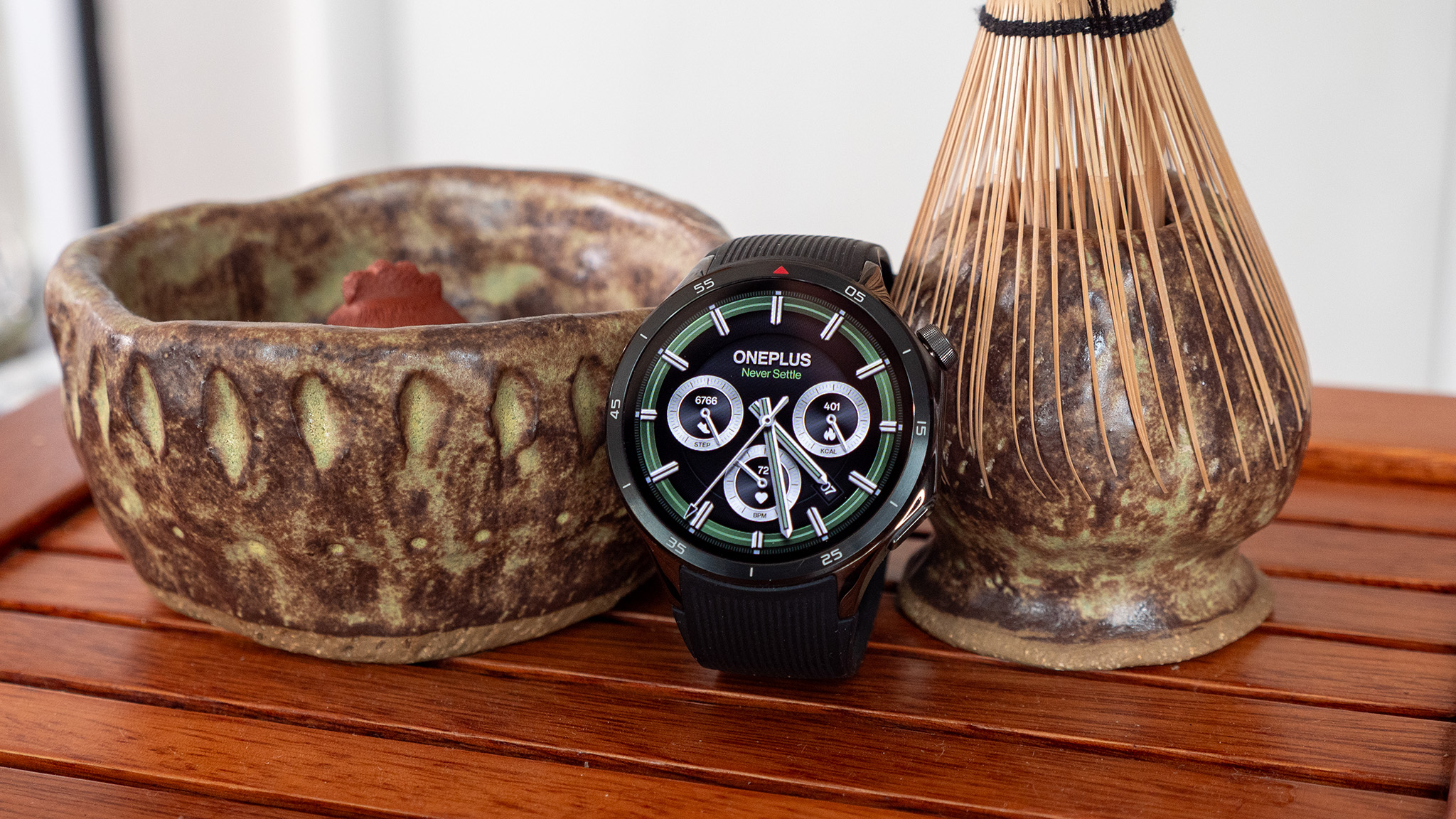Subscription Services in Connected Cars Raise Privacy Concerns

In an emerging trend among automakers, companies are increasingly encouraging consumers to adopt subscription services that unlock preinstalled features in vehicles. These features range from sophisticated hands-free driving systems and heated seats to advanced cameras capable of automatically recording accident situations. While this subscription model offers convenience and enhanced vehicle capabilities, it also necessitates heightened internet connectivity, which raises significant concerns about government surveillance and the risk of entanglement in police investigations.
A recent review of police records conducted by WIRED has unveiled that law enforcement agencies across the United States are receiving regular training on how to exploit the capabilities of so-called connected cars. This training is particularly relevant as subscription-based features exponentially increase the volume of data accessible during criminal investigations. The documentation reveals a troubling reality: law enforcements understanding of these surveillance capabilities far surpasses that of the general public, raising questions about corporate practices and the regulatory framework governing driver privacy.
According to a presentation prepared by the California State Highway Patrol (CHP) and reviewed by WIRED, each automobile manufacturer has developed its own protocols dictating how the vehicle's operating system utilizes telematics and mobile Wi-Fi services. A law enforcement officer noted in the presentation, which is dated to include statistics for the year 2024, that when a vehicle is equipped with an active subscription, the volume of data generated significantly increases. This data can include real-time location information, which can be pivotal during investigations.
The CHP presentation, obtained by the nonprofit organization Property of the People through a public records request, outlines various hypothetical scenarios to train police on how to obtain data regarding different vehicles. These scenarios highlight that access to data can be influenced not only by the decisions made by the vehicle manufacturers but also by the internet service providers (ISPs) that support these connected devices. For example, one document indicates that a General Motors vehicle with an active OnStar subscription will transmit its location data roughly twice as frequently as a comparable Ford vehicle.
Additionally, the presentation reveals that ISPs vary significantly in their capabilities and policies regarding government requests for information. For instance, while police may successfully work with AT&T to identify certain vehicles associated with connected devices, they may encounter difficulties when the vehicle operates on T-Mobile or Verizon networks.
In response to these concerns, Charlotte McCoy, a spokesperson for General Motors, stated that the company now demands a court order before releasing location data to law enforcement. We review each request individually to assess the circumstances and the nature of the request before providing any information, she explained. McCoy emphasized the numerous advantages of connectivity, including improved navigation, communication, safety, and maintenance, while also noting that customers have the option to mask their location or disable connectivity at any time.
Other manufacturers listed in the CHP presentation, such as Ford, have not provided any comments regarding the issue. Andrew Crocker, the surveillance litigation director at the Electronic Frontier Foundation, highlighted the role of corporations in determining privacy standards. There's definitely a role being played by the companies in deciding what kind of standard they're going to insist on, he stated. This dynamic mirrors trends seen in other tech sectors where companies like Google, Facebook, and Apple have established protocols regarding data sharing with law enforcement.
When law enforcement agencies investigate a specific suspect, they typically use a method known as pinging to locate a device associated with that individual. However, to identify unknown perpetrators near a crime scene, authorities often employ a technique called a tower dump. This involves requesting that ISPs provide data on any devices that connected to a specific cell tower during a defined time frame. Analysts within the police force can then sift through this data to identify potential suspects, frequently using surveillance footage or witness descriptions related to the vehicle's color, make, or model.

























